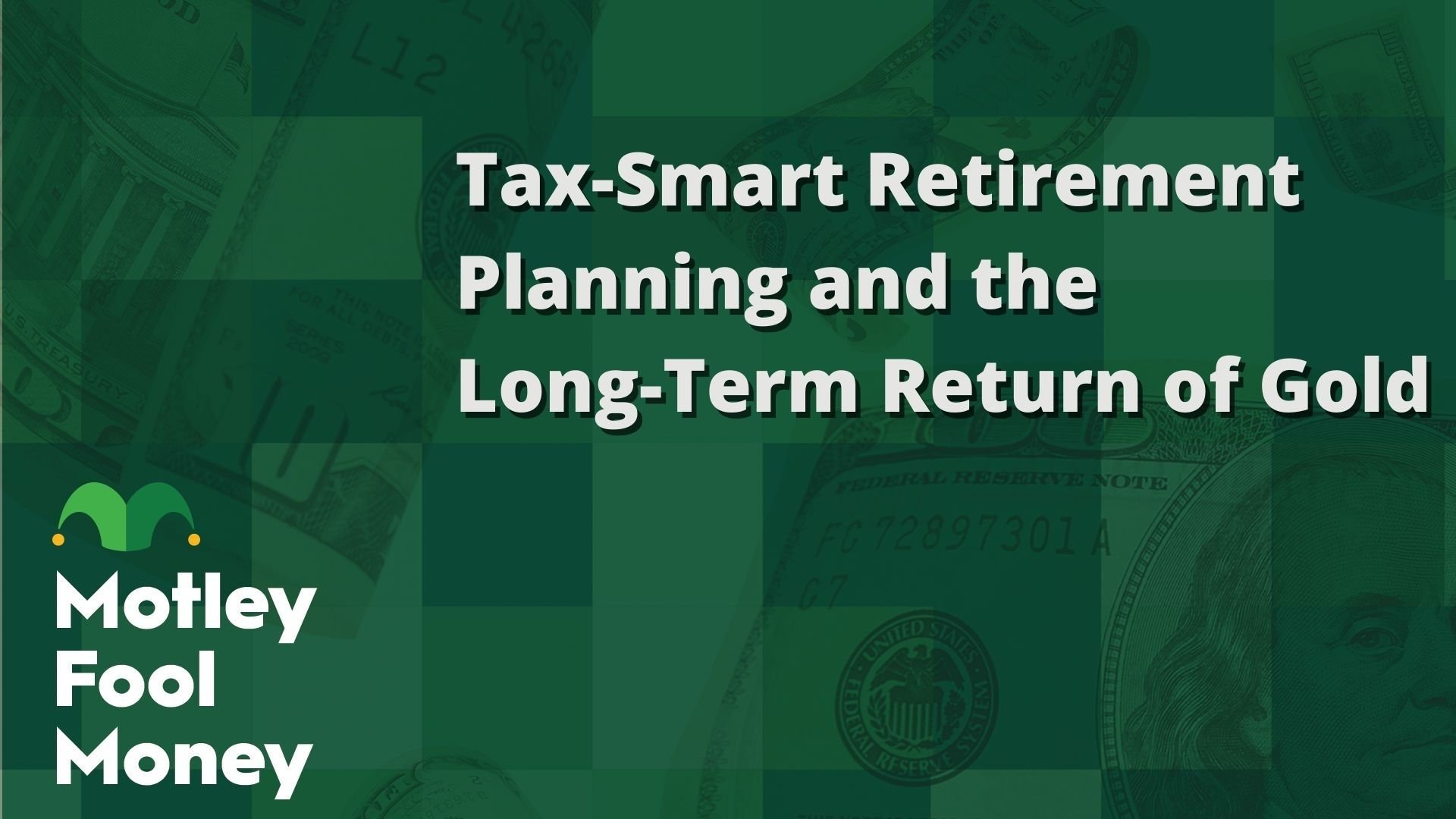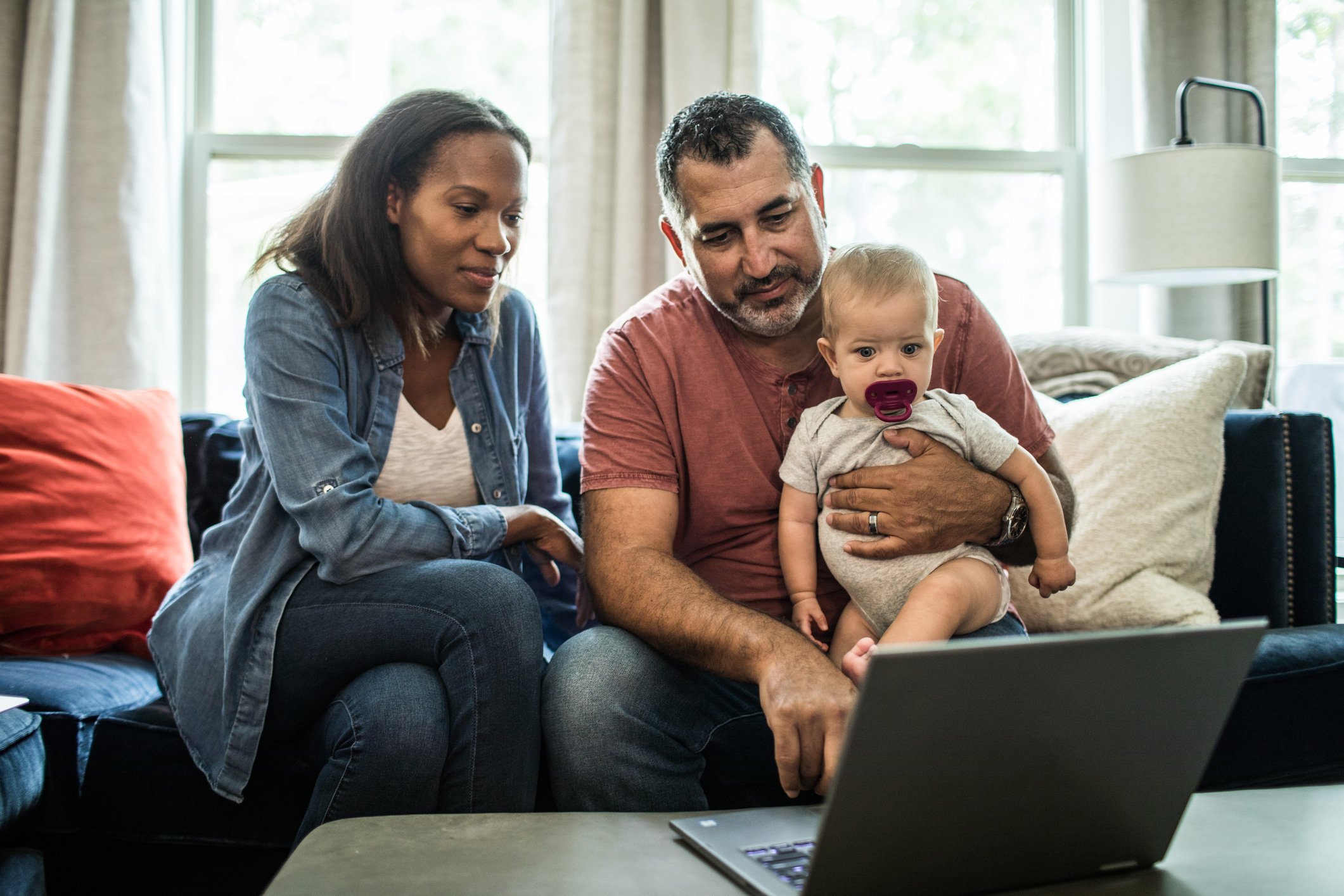The COVID-19 virus hasn't just sickened Americans across the country; it's also slaughtered the U.S. economy. In the span of three weeks, over 16 million people filed for unemployment benefits as a result of losing their jobs. Meanwhile, countless small businesses have been forced to close their doors because of social-distancing mandates or the lack of the funds to stay operational.
Thankfully, there's relief in the works. In late March, a $2 trillion stimulus package was approved that's designed to assist jobless individuals and businesses alike. In addition to extended unemployment benefits and a $600 weekly boost, the relief package calls for a $1,200 stimulus payment to go out to Americans whose incomes fall below a certain threshold. On top of that $1,200, those with eligible dependents will receive $500 per child.

IMAGE SOURCE: GETTY IMAGES.
But in a survey by CollegeFinance, Americans feel that $1,200 isn't enough to help those impacted by COVID-19 stay afloat. Specifically, those surveyed think that individuals should be entitled to a lump sum payment of $2,727 rather than the $1,200 that's incoming. Furthermore, they feel the government should be providing $936 per child -- almost twice the $500 payment that's currently on the table.
Americans aren't happy about the income limits that dictate whether they're eligible for that stimulus, either. Single tax filers earning above $75,000 will see their $1,200 payments phase out and disappear completely once their earnings reach $99,000. Married couple filing jointly, meanwhile, can earn up to $150,000 and receive a full $1,200 per person, but above that $150,000, those payments phase out and disappear completely at $198,000 of income. Meanwhile, around 11% of those surveyed think there should be no upper limit on income with regard to getting a stimulus, while about 51% say the limit should be higher.
What will your stimulus payment do for you?
Clearly, a $1,200 lump-sum payment is better than nothing, especially if you're unemployed or struggling to pay your bills. But in some parts of the country, that $1,200 won't go very far -- think major cities like New York and San Francisco, where a single-month's rent can easily exceed the $1,200 mark. On the other hand, if you're collecting unemployment and have some emergency savings to tap, that $1,200 may be enough to help you cover your bills without going into debt.
That said, there's plenty of relief to be had on the individual bill front, so if you're thinking you're at risk of falling behind even with that stimulus payment in hand, reach out to your loan and service providers and ask for more flexible payment terms. You may have the option to defer your rent/mortgage, auto loan, utility bills, and even your internet payment, so don't hesitate to ask.
And if you're not struggling financially right now (say, you've retained your job throughout this mess), put that $1,200 to good use. Stick it in the bank to pad your emergency fund or invest it if you're good on cash reserves.
Another option? Consider using some of it to help those less fortunate, because while $1,200 may not seem like a lot of money for some people, for others, it's a lifeline.





